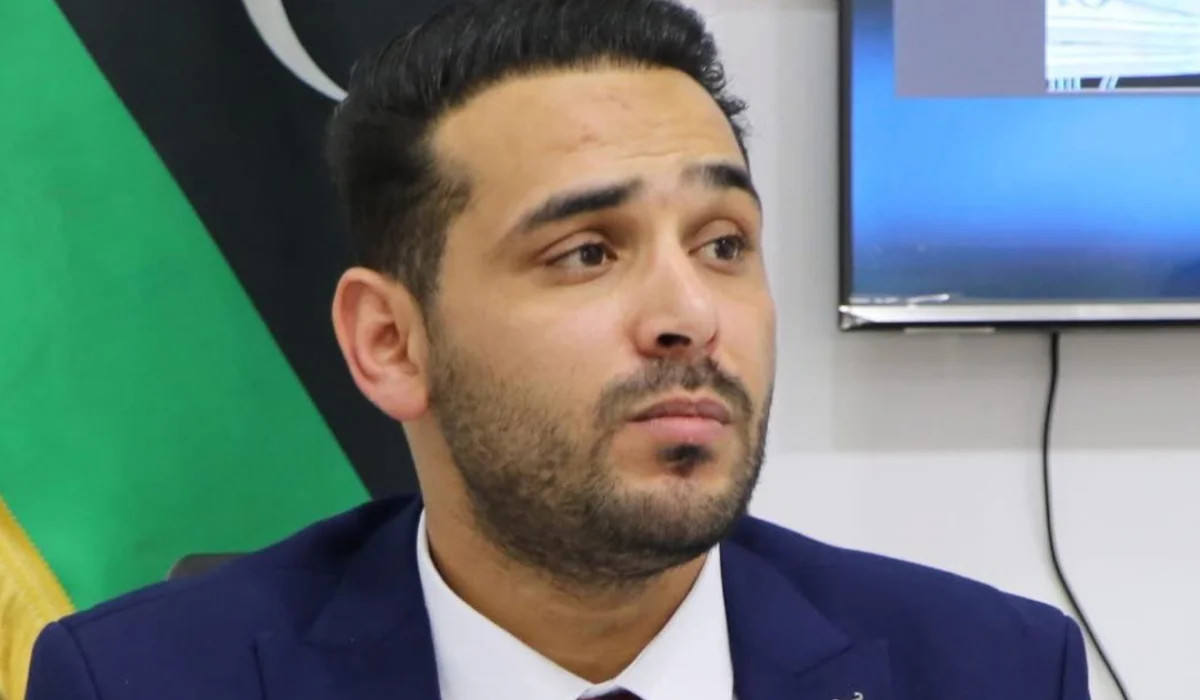
| Economic articles
Al-Barghouthi Writes: The Proposal for Budget Capping and Labeling – A Serious Step Toward Fiscal Discipline That Restores the State’s Authority
Written by Professor of Political Economy Mohammed Belqasem Al-Barghouti: The Proposal for Budget Capping and Labeling – A Serious Step Toward Fiscal Discipline That Restores the State’s Authority
Amid Libya’s complex economic landscape—where resources are drained and traditional tools fail to bring financial stability—Professor Mohammed Al-Safi’s proposal for “budget capping and labeling” stands out as a serious, pragmatic, and forward-thinking initiative. It deserves careful discussion and analysis and opens the door to constructive debate on reforming public financial management.
Budget Capping: Spending Control, Not Development Curtailment
Al-Safi’s proposal is not a call for blind austerity but for conscious spending control. It is based on the principle of setting a cap on the budget to prevent financial slippage and to instill discipline as a cornerstone of good governance.
Capping here does not mean restricting development, but rather creating a realistic framework that shifts priorities from consumption-based spending to productive projects—from financial chaos to well-planned strategies governed by clear metrics and constraints.
Labeling: A Strategic Separation Between Oil Revenues and Current Spending
One of the noteworthy aspects of Al-Safi’s proposal is that it goes beyond merely reducing expenditures. It introduces the concept of labeling—a strategic move to separate oil revenues from day-to-day public spending.
This idea aligns with the recommendations of major international institutions and aims to protect oil revenues from depletion, redirecting them toward sovereign savings or long-term investments. It’s a call to end the state of “financial laxity” created by reliance on a volatile rentier resource and to establish a spending base rooted in realistic domestic revenues.
A Vision in Harmony with Institutional Reform
At its core, this proposal is in step with broader calls to rebuild the Libyan state on institutional foundations. In fact, it supports and reinforces them.
Moving toward budget capping and labeling obliges the state to define its economic and social priorities. It necessitates the development of tax collection mechanisms, stimulation of the private sector, and improvement of spending efficiency.
It is a step toward internal state reform—restoring financial functionality and reducing dependency on global market fluctuations.
A Bold Initiative in an Exceptional Moment
In today’s turbulent political and economic environment, it is rare to find individuals courageous enough to propose solutions that are both radical and practical.
Al-Safi has combined rigorous analysis with actionable steps and political realism—offering timely ideas of great responsibility and significance.
This is not merely a proposal to fix the budget. It delivers a political and moral message: that public funds are not subject to the recklessness of disorder, but a trust that must be managed with the wisdom of statehood—not as spoils of power.
Final Word:
How urgently we need such initiatives—ones that redefine the relationship between state and finances, between citizen and public service.
How urgently we need these proposals to intersect with a comprehensive economic vision that rebuilds Libya as a state, not just a market.
I commend Professor Mohammed Al-Safi for this contribution and call for a calm and responsible national dialogue that treats this proposal as part of a broader reform project—not as an isolated measure. It is through minds like his that nations rise and the first steps of real transformation are drawn.
Share the article.





